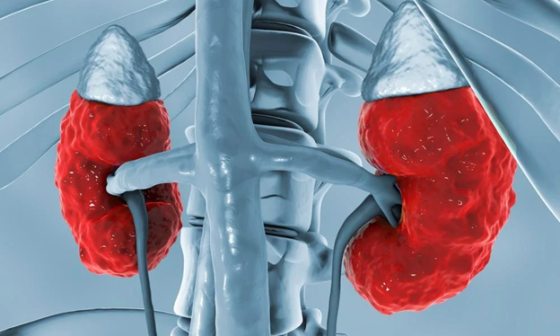A Closer Look at Rising Drug Prices in Nigeria
In a landscape where the cost of healthcare is an ever-present concern, the rising prices of essential drugs in Nigeria have become a focal point of discussion.
This article delves into a comparative analysis between the extensive database of Wellahealth, an award-winning healthcare company striving to improve accessibility and affordability to healthcare in Africa, and the illuminating report by SB Morgen Intelligence titled “Paying the Price on Health.”
SBM Intelligence is an organization that specializes in providing clarity on political, economic, and social issues in Nigeria and West Africa.
Wellahealth, a trailblazing healthcare company, operates with a mission to make healthcare more accessible and affordable. With a network comprising over 2,100 partnered pharmacies, Wellahealth has played a significant role in dispensing over 600,000 drugs to enrollees, contributing to a comprehensive database that allows for a nuanced understanding of the evolving prices of drugs in Nigeria.
Antihypertensive Drugs:

For many older Nigerians, daily reliance on antihypertensive drugs is not just a medical necessity; it is a lifeline. The importance of consistent medication adherence cannot be overstated, particularly when managing a condition as pervasive as hypertension. Missing doses can have severe consequences, exacerbating the risks associated with elevated blood pressure.
Though the SBM report didn’t cover antihypertensive drugs we’ve observed a concerning trend in the pricing of generic and commonly dispensed antihypertensive drugs like amlodipine and lisinopril. They increased by 100% and 140% respectively in 2023 compared to their selling prices in 2020.
Antibiotics:

The prices of antibiotics, crucial for treating bacterial infections, have seen unprecedented spikes. Between 2019 and 2023, the cost and selling prices of Ampiclox surged, recording a staggering increase of 1,390% and 1,100%, respectively. The exit of pharmaceutical giants may have played a role, leading to increased production costs transferred to consumers. Antibiotic abuse, a common concern, is exacerbated by these soaring prices.
Antimalarials:


In a nation grappling with 27% of the global malaria burden, the antimalarials are a lifeline. While antimalarial drugs experienced a lower rate of increase compared to other categories, specific drugs like Lonart DS witnessed a significant cost and selling price surge of 110% and 92.3%, respectively reflecting the strain on a nation battling malaria and economic woes. The dichotomy of cost prices outpacing selling prices underscores the squeeze on medicine retailers, hinting at a fragile healthcare ecosystem.
Painkillers:

Step into the world of pain relief, offering relief from the daily struggles. Emzor’s Paracetamol, a local manufacturer, witnessed a staggering 450% price increase due to escalating production costs. Meanwhile, Novalgin remains steadfast, maintaining consistent prices in 2023, a symbol of stability in the ever-changing pharmaceutical landscape.
Common Cold Medicines:

Examining the cost and selling price of medications in this category reveals that Actifed consistently had the highest costs and selling prices from 2019 to 2023. This could be attributed to the foreign aspect of the company’s production process, making it susceptible to fluctuations in foreign exchange rates.
Different Drug Classes:

While the SB Morgen Intelligence report primarily focused on key drug categories, such as antibiotics and painkillers. We examined additional classes like antiulcer, antihelmintic, antitussive, and antiasthmatic drugs.
We noticed a gradual, albeit steady, increase in prices. However, the tumultuous economic conditions this year have ushered in a new reality—a stark and seemingly meteoric rise in drug prices, particularly for antiasthmatic medications which is primarily attributed to the departure of foreign brands from the Nigerian market.
As Nigeria faces economic challenges, medicine prices are greatly affected. Exchange rates, inflation, and pharmaceutical companies leaving have caused a storm, impacting antihypertensives, antibiotics, antimalarials, painkillers, and common cold medicines. This has made essential medications hard to find and difficult to afford for many Nigerians. Dealing with these challenges requires united efforts to tackle the root causes and make sure important drugs are available and affordable for everyone.
Writers – Blessing Adediwura & Khalidat Ola-Dauda (B.Pharm)
Product department
Wellhealth Technologies limited
Sources
https://businessday.ng/news/article/antibiotics-record-1390-price-jump-as-drugmakers-walk-away/
https://www.sbmintel.com/2023/12/paying-the-price-on-health/







Nice analysis, here. However, I’m afraid the rising costs of pharmaceutical drugs might lead to an increase in the incidence of fake and substandard drugs.
You are right which is where the regulatory agencies come in.